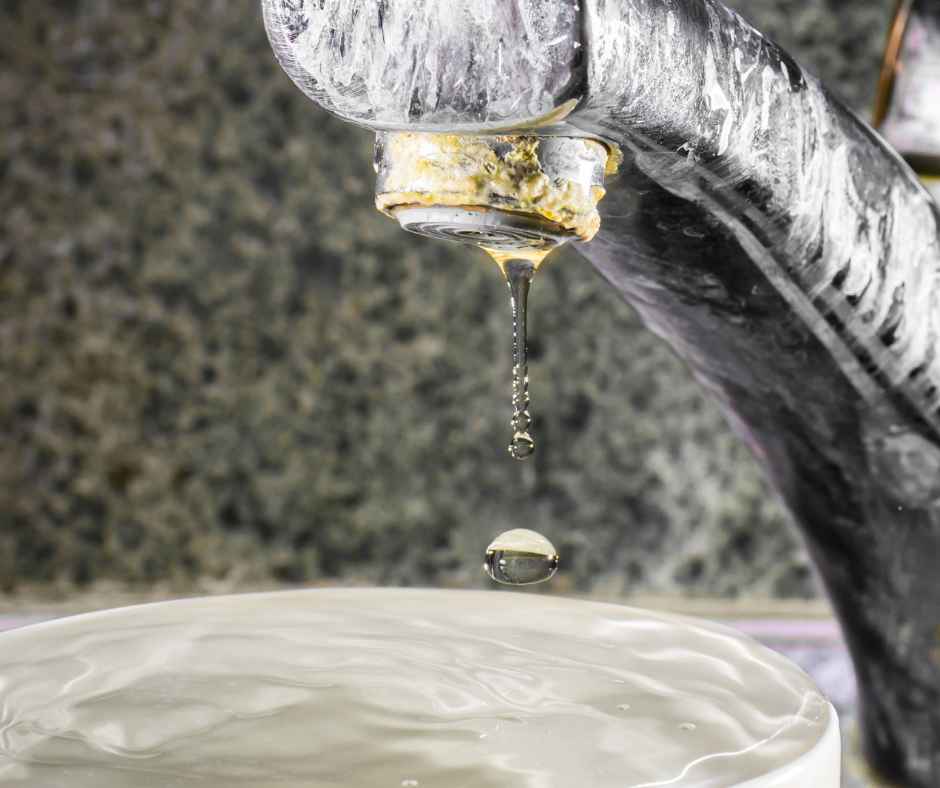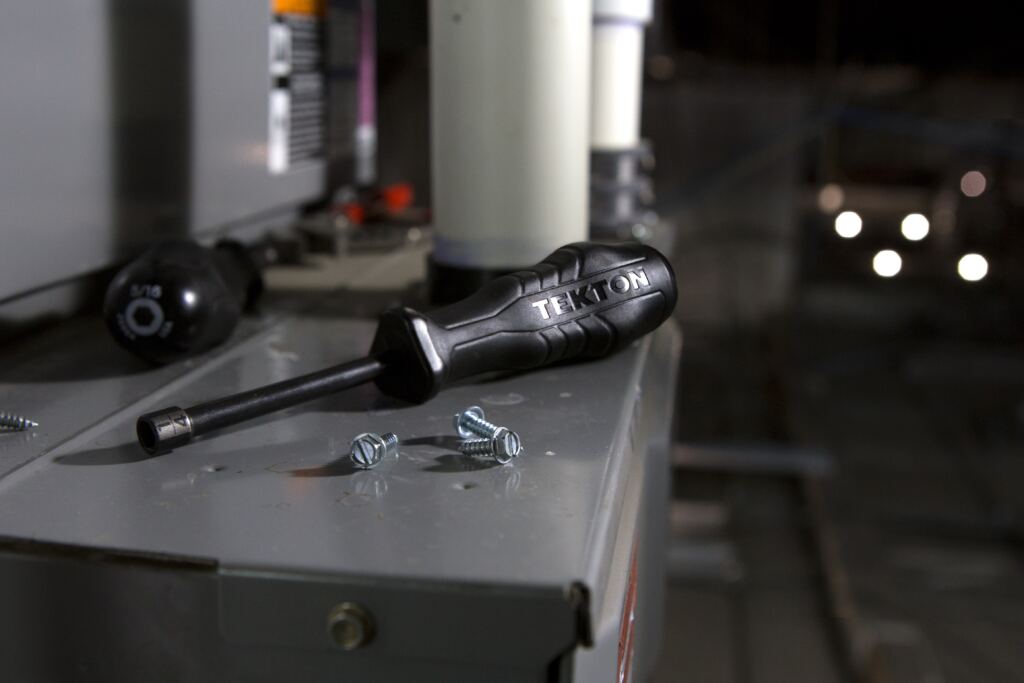Serving Douglas County & The Surrounding Areas
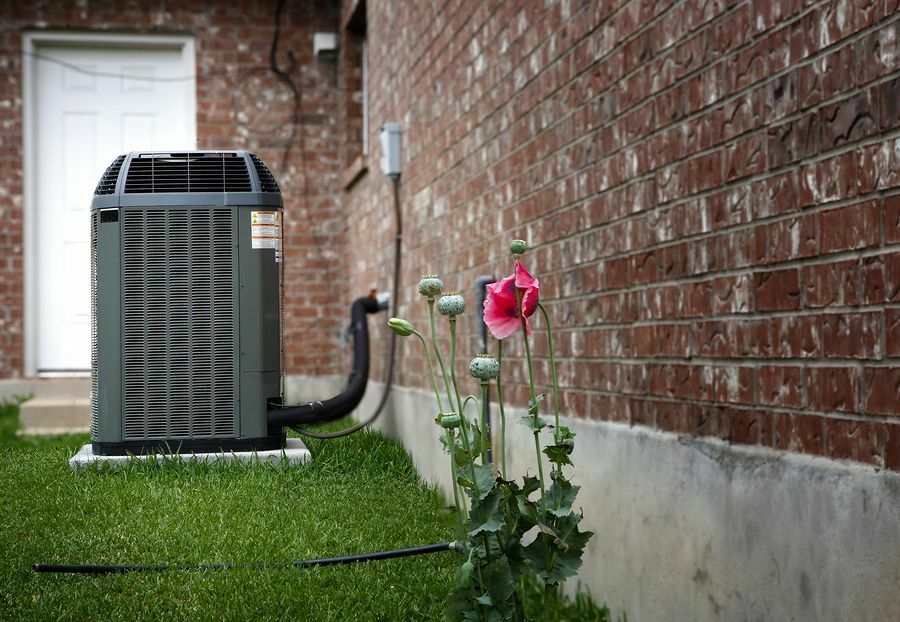
How does an air conditioner work?
Most people take air conditioners for granted – until they don’t work. Then it becomes apparent how much we rely on them to keep us cool and comfortable all summer long. But how do air conditioners work, and why do they significantly affect the temperature?
Air conditioners draw warm air out of the room and replace it with cooler air from outside. This is done using a refrigerant, which evaporates at a low temperature and condenses at a high temperature. The refrigerant is then compressed, which raises its temperature.
The hot refrigerant is then passed through a series of coils, which cools it down again. The refrigerant goes through a continuous cycle; as it does, it absorbs heat from the inside of your home and releases it outside.
Air conditioners also use fans to blow air across the coils, which helps cool the air further. This cooled air is then blown into the room, lowering the temperature. Regular maintenance is essential to keep your air conditioner working properly. This includes cleaning the coils and changing the filters.
The Components of an Air Conditioner
An air conditioner is a common appliance found in most homes in Colorado. But what many people don’t know is how air conditioners work. In this article, we will discuss the different components of an air conditioner and how they work together to cool your home or office.
The three main components of an air conditioner are the compressor, the evaporator, and the condenser. The compressor pumps the refrigerant through the system. The evaporator absorbs heat from the air inside your home or office. The condenser releases heat into the outside air.
Air Conditioner Compressor
The compressor is the most crucial component of an air conditioner. It is responsible for pumping refrigerant through the system and circulating cool air. Without the compressor, the air conditioner would not be able to function.
The compressor is a metal box that sits on top of the air conditioner. It has a motor inside that powers a series of moving parts. The compressor is responsible for circulating refrigerant through the system.
Air Conditioner Condenser Coils
The condenser coils are what remove the heat from the air. The refrigerant absorbs heat from the air inside your home and releases it outside. The condenser is a metal coil that sits outside the air conditioner.
It is responsible for releasing heat from the refrigerant. The condenser coil gets very hot when the air conditioner runs, and this heat needs to be released into the air.
AC Evaporator Coils
The evaporator coils are what cool the air that is circulated through your home. The refrigerant absorbs heat from the air and transfers it to the condenser coils. The evaporator coils are located inside the air conditioner.
The air conditioner also has a fan that blows air over the evaporator coils. This helps to circulate cool air through your home.
Air Conditioner Maintenance
Air conditioners are standard in most homes and offices during the summer. But many people don’t know how to properly maintain their air conditioners, leading to problems down the road. This section will discuss some essential tips for keeping your air conditioner.
One of the most important things you can do for your air conditioner is keeping it clean. The coils and fins on the air conditioner can become clogged with dirt and dust, reducing its efficiency. Be sure to clean the coils and fins on your air conditioner regularly.
Another essential tip for air conditioner maintenance is ensuring the unit is level. If the air conditioner is not level, the coolant can leak out. This can lead to expensive repairs. To avoid this, place a level on top of the air conditioner and adjust it until it is level.
You should also check the air filter on your air conditioner and change it if it is dirty. A dirty air filter can reduce the efficiency of your air conditioner and cause it to work harder than it needs to.
Air conditioners work by sucking in hot air and then cooling it down. This cooled air is then blown back into the room. The air conditioner needs a filter to stop dirt and dust from getting into the machine. You should change the filter on your air conditioner every month to ensure it keeps working well.
Keeping the area around your air conditioner clean and free of debris is also essential. The air conditioner needs adequate airflow to work correctly, so keep the site around it clear.
How to Troubleshoot an Air Conditioner
If your air conditioner isn’t working correctly, don’t panic. There are a few things you can do to troubleshoot the problem and get your air conditioner up and running again. This section will discuss some essential tips for troubleshooting your air conditioner.
- One of the most common problems with air conditioners is that they stop cooling the air. If this happens, check to ensure the unit is turned on. Then if it is, check to see if the thermostat is set to the correct temperature.
- If the air conditioner is still not cooling the air, then check to see if the coils are dirty. Dirt and dust can build up on the coils and prevent them from doing their job. To clean the coils, remove them and brush off any dirt or dust.
- Another common problem with air conditioners is that they leak water. A clogged drain line can cause this. To fix this, locate the drain line and clear it of any debris.
- If ice is on the air conditioner coils, turn off the air conditioner and let the ice melt. Once the ice is melted, turn the air conditioner back on and see if it works properly.
- If your air conditioner isn’t working after following these tips, then it’s time to call a professional. A professional can help you diagnose the problem and get your air conditioner up and running again in no time.
Maintaining your air conditioner is essential to keep it running well and efficiently. In this article, we have discussed some crucial tips for maintaining your air conditioner. We have also discussed how to troubleshoot common problems with air conditioners. If you follow these tips, you can keep your air conditioner running all summer smoothly long.
Recent News
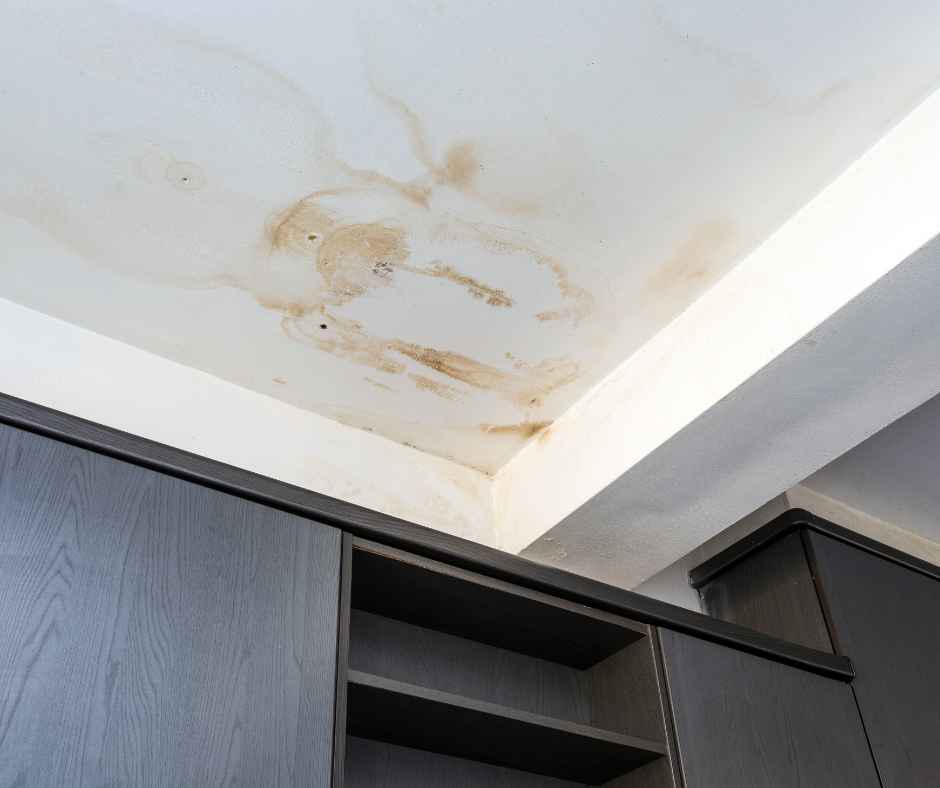
How to Spot a Hidden Water Leak in Your Colorado Home
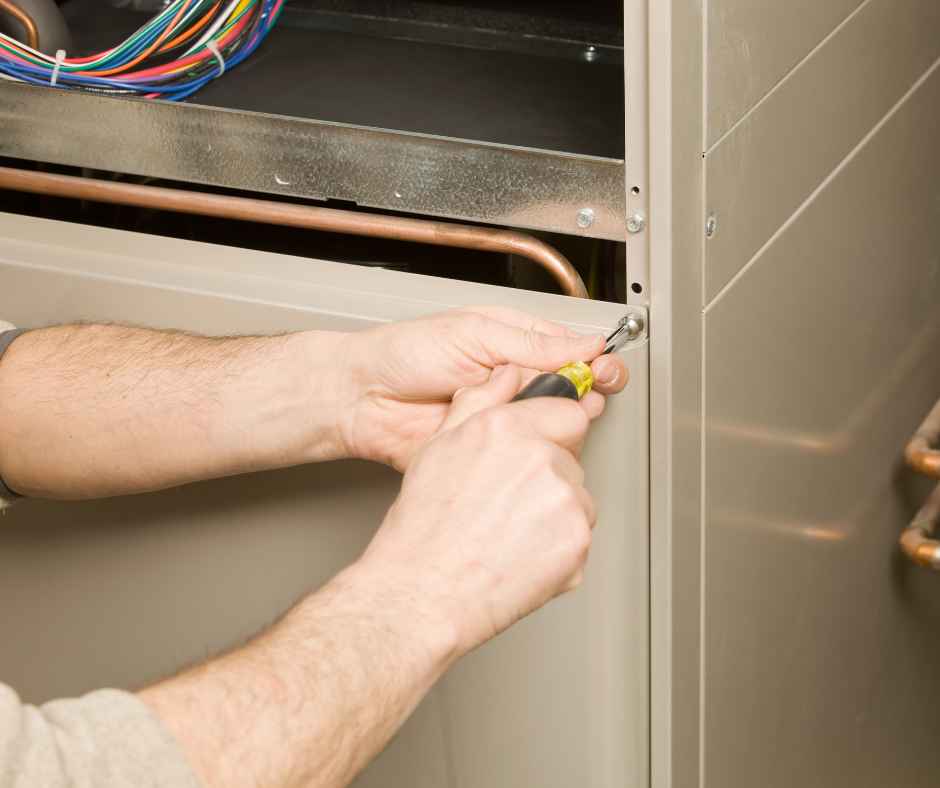
Navigating Colorado’s 2026 High-Efficiency Rules: What Front Range Homeowners Need to Know

Snow, Freeze & Thaw: How Colorado Winters Stress Your Plumbing
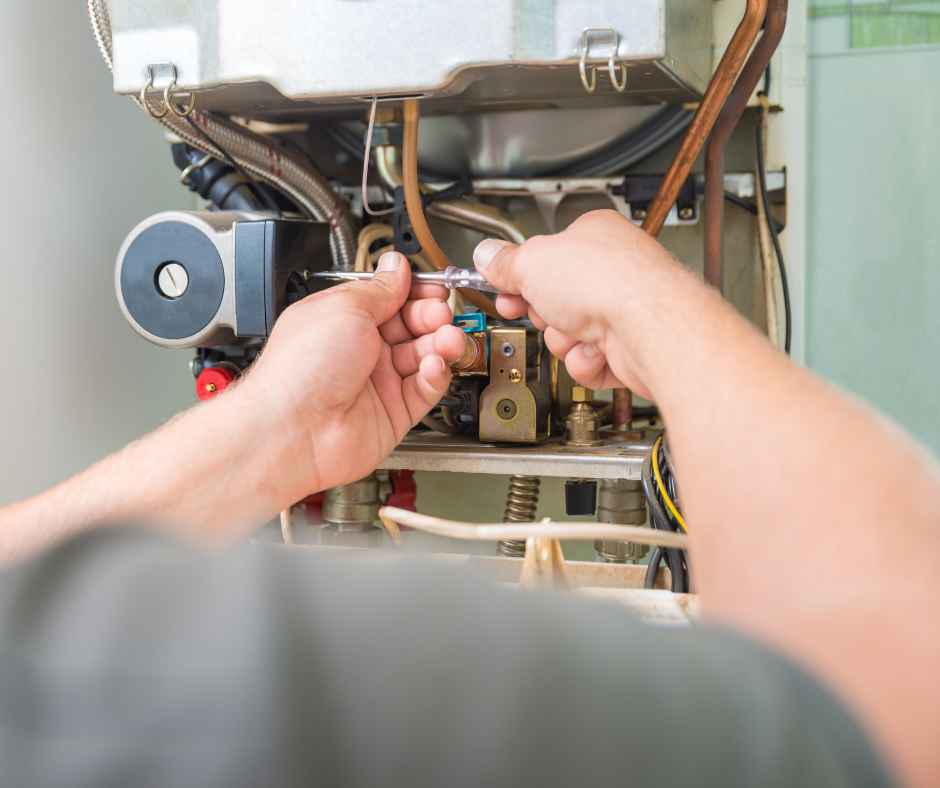
Emergency Heating Repairs: What to Do If Your Furnace Fails During a Colorado Snowstorm
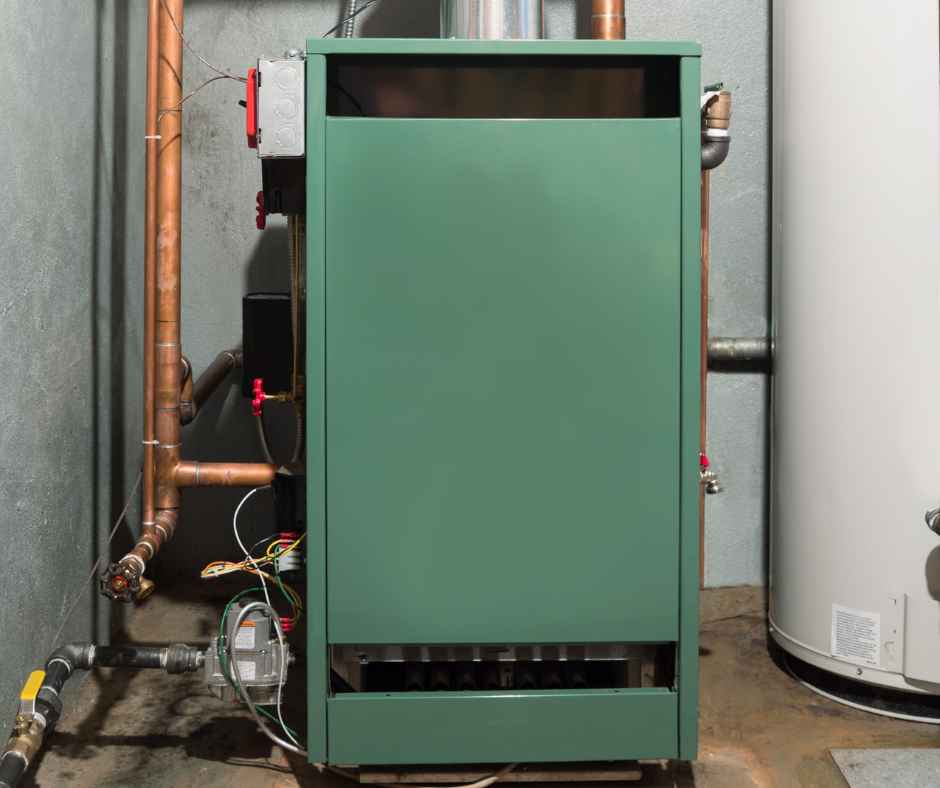
Comparing Heating Options for Colorado Homes: Furnace vs. Boiler vs. Heat Pump
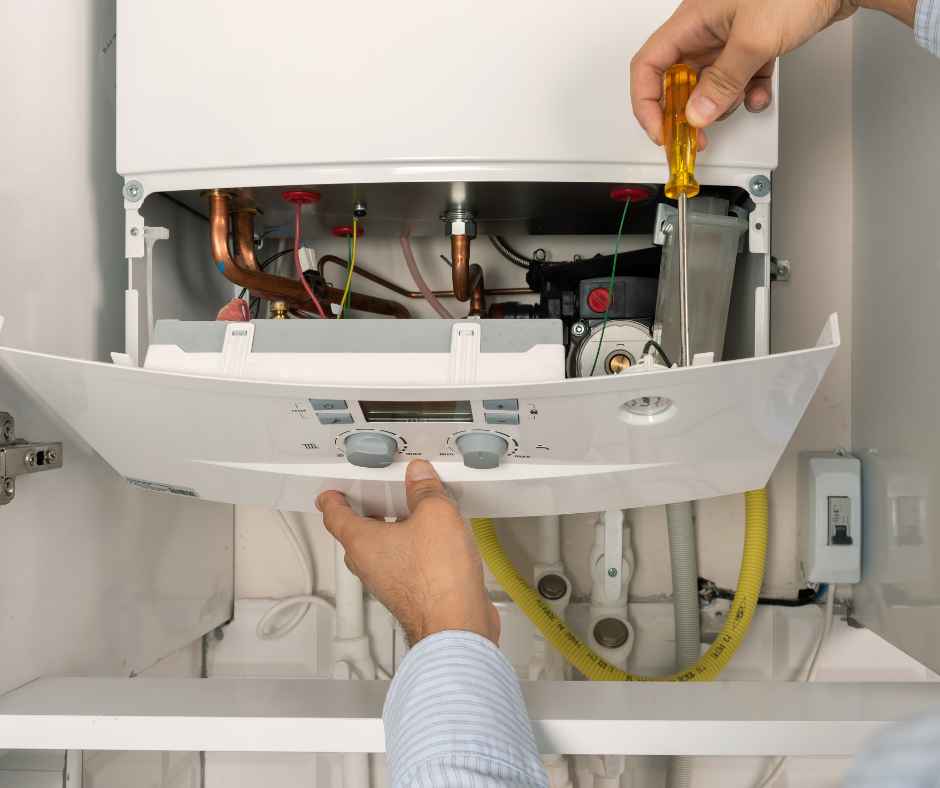
The Ultimate Fall & Winter Boiler & HVAC Maintenance Checklist for Castle Rock Homes
